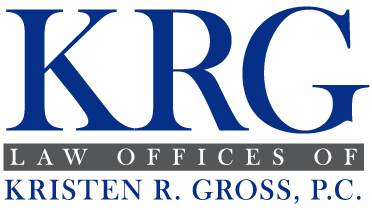What is our legacy? The loss of two of my friends’ fathers in the last month prompted me to contemplate this blog. As a probate and estate planning attorney, I deal with the “who, what and how” of a clients’ financial legacy on a daily basis. What assets does the client have, to whom does the client wish to leave those assets and how best to leave those assets to one’s beneficiaries so that the client doesn’t DE incentivize his or her beneficiaries from pursuing their dreams and attaining their own successes. These are all important goals and considerations; however, today I wish to explore one’s legacy of values. What will people feel and say about us when we pass away? What life lessons should we impart to our loved ones? How can we preserve this legacy so it passes from generation to the next.
Many years ago, while working with the planned giving director of the American Heart Association, he shared the concept of ethical wills. While these are not legal documents, they are documents written to communicate values and wisdom, history and stories. An ethical will, which could be a simple letter to your children, preserves who you are and what matters most to you. It is a way to share your values, blessings, life’s lessons, hopes and dreams for the future.
What types of topics should be addressed in an ethical will? Personal stories that were particularly impactful or shaped you into the person you are today are important to share. Personally, I think sharing life’s failures or missteps can be very valuable life lessons to impart to the next generation. Especially, when we are able to overcome those failures and go on to something even better. Stories of resilience are invaluable. Ethical wills may express gratitude for one’s blessings, i.e. friends, family, personal wealth. You may request forgiveness for regretted actions. You may wish to share why you chose certain recipients of charitable contributions and the importance of giving back. Whatever you choose to share, remember that your words will remain long after you have left this earth.
Our obituaries and eulogies typically are comprised of thoughts written by our loved ones. Ultimately, our legacy is defined by what others say about us. Nevertheless, why shouldn’t we play a role in shaping our legacy by memorializing our thoughts, dreams and values? While the Law Offices of Kristen R. Gross, P.C. are happy to help you with any legal matters with which you may require assistance, the ethical will can be tackled without the assistance of any attorney. To quote 19th and 20th century philosopher and psychologist William James, “The greatest use of life is to spend it for something that will outlast it.” Consider writing an ethical will today.
An interesting follow up to my blog about ethical wills. So you don’t want to write a novel, this link will give you ideas on a memoir of just 6 words. Larry Smith, writer, editor and old friend has created an international phenomenon. Watch and learn.
http://www.jhub.org.uk/jdov/portfolio/from-this-you-make-a-living/







